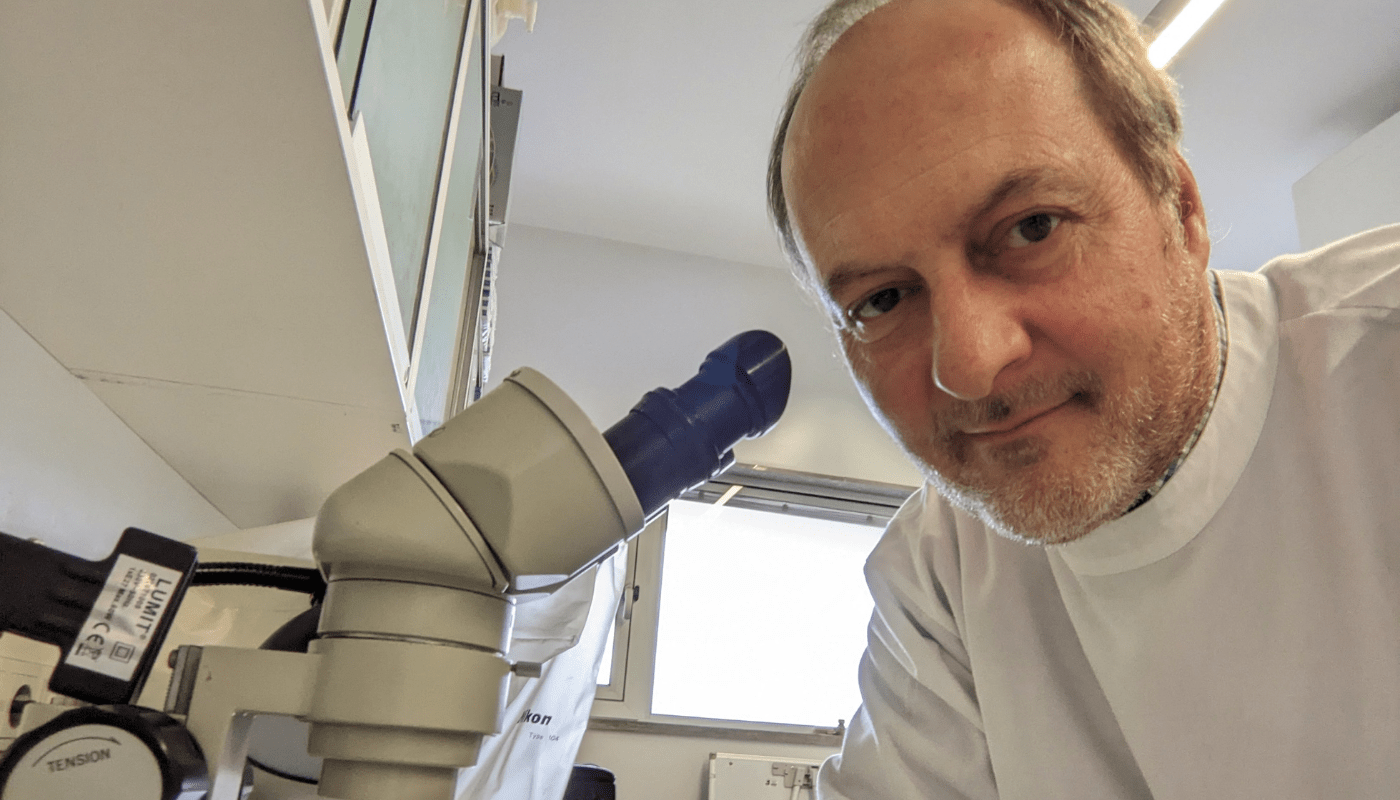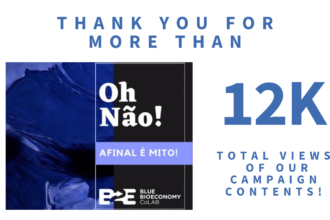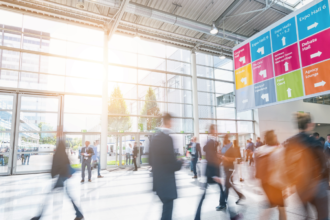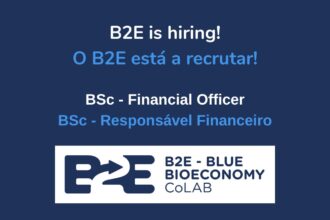Paulo Vaz-Pires | ICBAS/U.Porto | Questionnaire
What are the main outcomes of your work on blue bioeconomy?
U.Porto, mainly (but not only) through ICBAS and FCUP scientific research and technical activities, contributes to the blue bioeconomy in several areas. These include fundamental research in biology and ecology of water systems, and also applied research in aquatic environment and ecological sustainability, management of natural environments and resources, aquatic production (focused on Aquaculture, including production systems, animal welfare, fish nutrition, pathology) and studies about seafood product quality, safety and waste management.
A project on blue bioeconomy you participated in and that you are proud of
Among the high number of R&D projects in aquatic areas that U.Porto had in the past and is currently dealing with, I can mention the area of seafood industry waste management, finding better solutions to avoid seafood waste in a world where food resources are becoming scarce and waste (that is still high) must be reduced. Better aquaculture practices, towards sustainability improvement, are also strong working areas of today.
The best blue bioeconomy tip you follow on your daily life
No projects should be designed without considering, from the very beginning, environmental impacts and sustainability. We owe that to the future generations.
A course, an event, a meeting, a person who impacted and changed or reinforced your ideas/methods/working procedures – good practices
We are proud of a recent course, at ICBAS, on Oyster Production Technologies, focused on sustainability through good farming practices in aquaculture. We also developed new sensory systems to evaluate seafood product quality and safety, reduce plastics in water and find new alternative ingredients to fish feed manufacturing.
How do you imagine blue bioeconomy in 30 years? Forecast
I believe humans will be able to find the best ways to be in nature respecting all ecosystems. I am optimistic about human capacities, but I know new problems will arise and different challenges will appear.
The best about working with B2E
As only One Health exists (human, animals and environment are always mutually interdependent), the best work we can do is together; teamwork is the future. B2E is about working in collaboration, that’s the best of this kind of associations.
An idea to improve work with B2E
Maybe improving communication skills between partners and finding better ways of identifying good collaboration opportunities will help us. Less time on computers, more time talking personally…
When you are not working, you are:
In longer periods, traveling and diving. In shorter ones, cycling, long walks, reading, exploring music as a listener and trying to play guitar, and also some manual work, to relax my mind.





